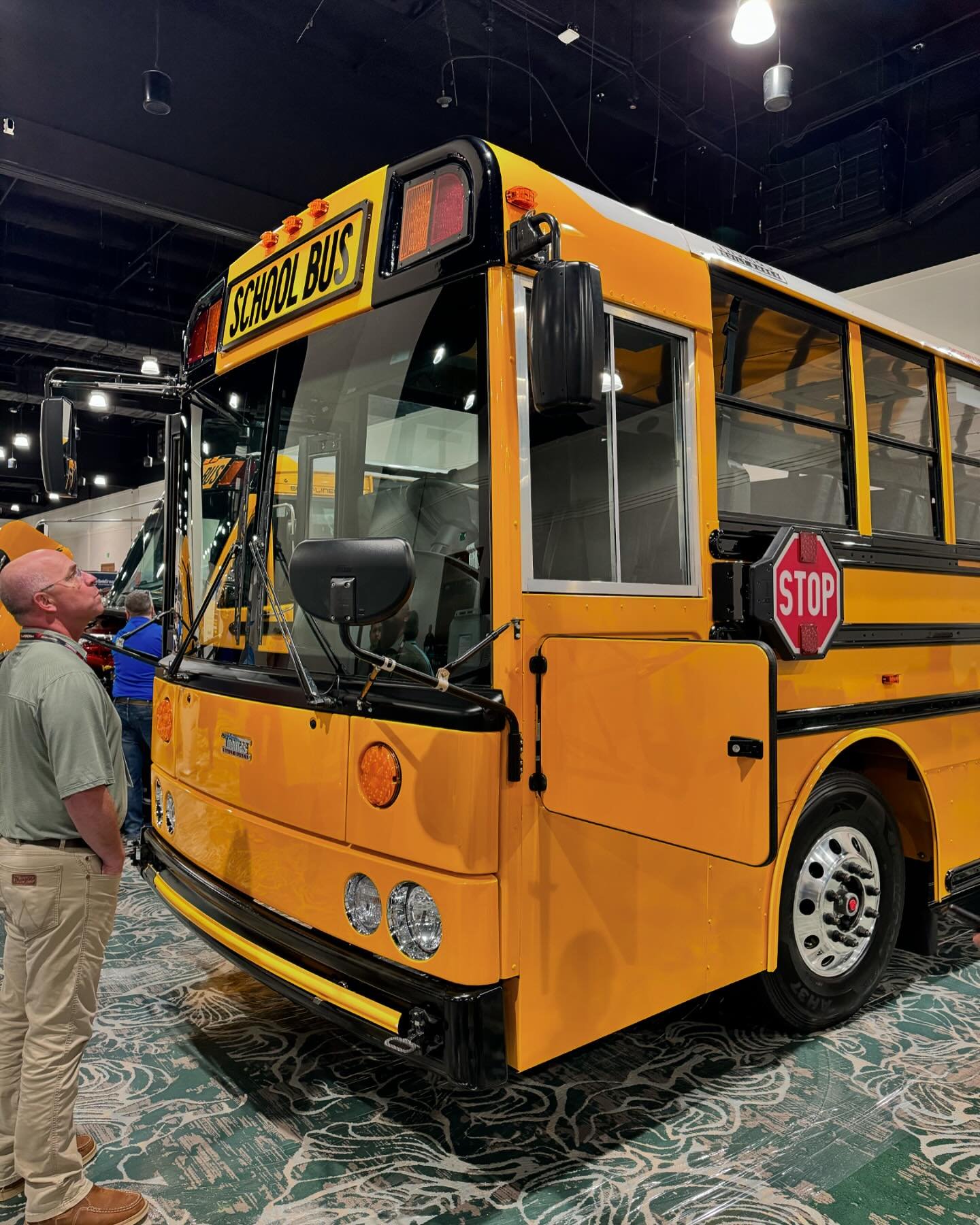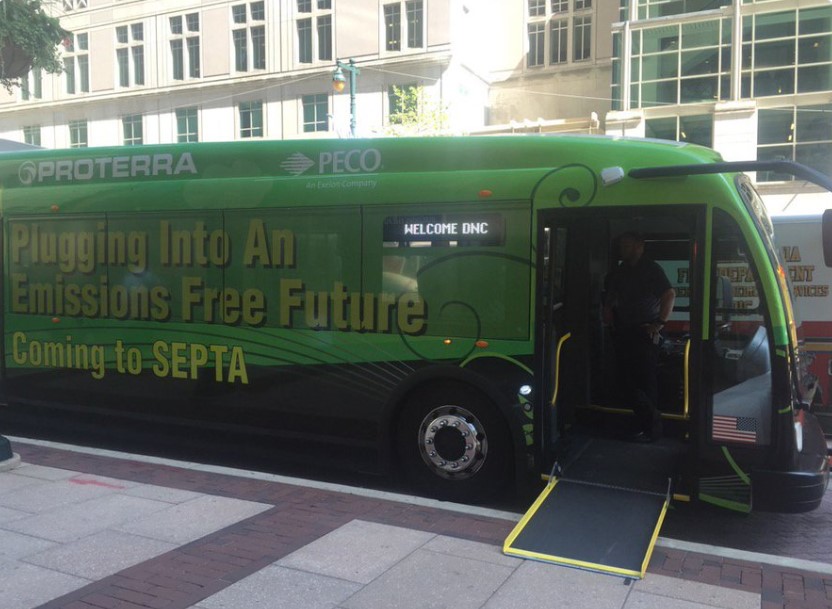What Will ‘Green’ School Buses Cost Local Taxpayers?

The Biden administration’s Environmental Protection Agency [EPA] has $5 billion in tax dollars to spend on its “Clean School Bus Program.” The program aims to get schools to dump diesel buses for electric, hydrogen, or natural gas vehicles. Nearly $56 million of that money, part of the bipartisan Infrastructure Investment and Jobs Act, is going to fund 213 clean school buses in 21 Pennsylvania school districts.
The question some ask is how much will it cost local schools to operate those “free” buses?
Electric-battery buses can travel about 100 miles on a charge, said Baruch Feigenbaum of the Reason Foundation, a libertarian think tank. While some manufacturers claim 200 miles, that depends on weather, topography, and load weight, among other factors
Depending on the battery type, it can take between four to eight hours to charge EV buses, which could be a problem for buses that are used for multiple routes on the same day. And a 2018 study of a Colorado school system comparing the use of diesel vs. EV buses found electric vehicles were less reliable and operating costs were actually higher: 84 cents per mile for diesel, but $1.11 per mile for the EVs.
The study was produced under direction of the U.S. Department of Transportation by the National Renewable Energy Laboratory.
The EPA said that in addition to Philadelphia, the Pennsbury, Unionville-Chadds Ford, and Rosetree Media school districts were awarded funding for the buses.
The Philadelphia School District will receive $8.9 million for 25 buses; Unionville-Chaddsford was awarded $1 million for five buses; Rosetree Media also receives $1 million for five buses; and Pennsbury will get $125,000 for five propane buses.
It’s unlikely the school districts would have made this change on their own. According to Wirepoints Illinois Financial News, the EV buses cost about $350,000 each, while a diesel school bus costs less than $100,000.
Critics of the Biden energy policy — forcing the shutdown of base load electricity from coal and natural gas while expanding the reliance on electric power — say this is yet another example of an administration at cross purposes.
“Ironically, the EPA is issuing grants to school districts to buy electric buses while also stifling the production and distribution of actual energy,” said Carl Marrara, executive director of the Pennsylvania Manufacturers’ Association. “More stress on our electrical grid plus prematurely shuttering compliant power plants equals less capacity for our already fragile systems to keep the lights on. ‘Recipe for disaster’ is the only way to describe it.”
James Whitesel, director of facilities for Unionville-Chadds Ford, says his district is “proud” to be one of the schools picked for EV funding.
“Our district is currently piloting two electric buses. We look forward to engaging our community in a conversation over the coming months on the progress of that program and the opportunity to leverage this $1 million rebate,” Whitesel told DVJournal.
State Sen. Gene Yaw (R-Lycoming), chairman of the Environmental Resources and Energy Committee, is less impressed.
“Forced mandates and government subsidies are being shoved down our throats. We have to stop kidding ourselves that electric vehicles will save the planet. EVs cost more than gas vehicles and now cost more to power, fuel, and charge those vehicles, even further straining our electric grid.”
Officials at Rosetree Media did not respond to multiple requests for comment.
Not all the buses are electric. Derek Cesari, Pennsbury’s bus garage supervisor, said the grant will fund five new propane buses, each costing $140,000 to $165,000.
Five older diesel buses will be scrapped, which is another goal of the program.
“The requirements are that the bus must be a regular routed bus, with a diesel engine that has a built date of 2009 or older. The buses are then taken to a scrap yard; the yard punches holes in the engine blocks, cuts the bus frames in half, and crushes the bus bodies. All this work is fully documented, and pictures are included, which is all sent to the EPA and then the grant money is released.”
Destroying buses that are still operational and safe — and could be donated to struggling schools or used by community nonprofits — strikes some as wasteful. But getting these buses off the road is the point, rather than economic efficiency.
Amy Richards with the American Petroleum Institute Pennsylvania said, “While we support federal policies that are technology-neutral and allow all options to reduce greenhouse gas emissions in the transportation sector, the EPA’s narrow focus on clean buses using electricity disincentivizes the development of other fuel-based technologies—including American-made renewable diesel—that are working in today’s heavy-duty fleet to reduce emissions more quickly and at a lower cost. Battery technology and infrastructure constraints remain significant challenges for all-electric heavy-duty vehicles like school buses.”
Asked about the environmental costs of lithium mining required for EV batteries, EPA spokesperson Shayla Powell downplayed the issue.
“Concerns about environmental impacts apply not only to lithium batteries for electric buses and other critical minerals but also to all extractive activities, including oil and gas production and the materials used in manufacturing all types of vehicles. Industry and the U.S. government are taking steps to lessen environmental impacts from mining in the U.S. and abroad. Specifically, for HEVs, PHEVs and BEVs, there are more than enough minerals to make enough to meet the demand for these vehicles,” she said.
Building other vehicles also has environmental impacts, she said.
For Yaw, the issue is the government intervention that’s creating artificial financial incentives.
“To transition to electric buses, school districts will have to rely heavily on government grants and incentives to cover the purchase and long-term maintenance costs. These costs are being borne by taxpayers and utility ratepayers, who are all paying a hefty price for the electric vehicle transition. Why are we mandating the unwanted and expensive?”
Please follow DVJournal on social media: Twitter@DVJournal or Facebook.com/DelawareValleyJournal



